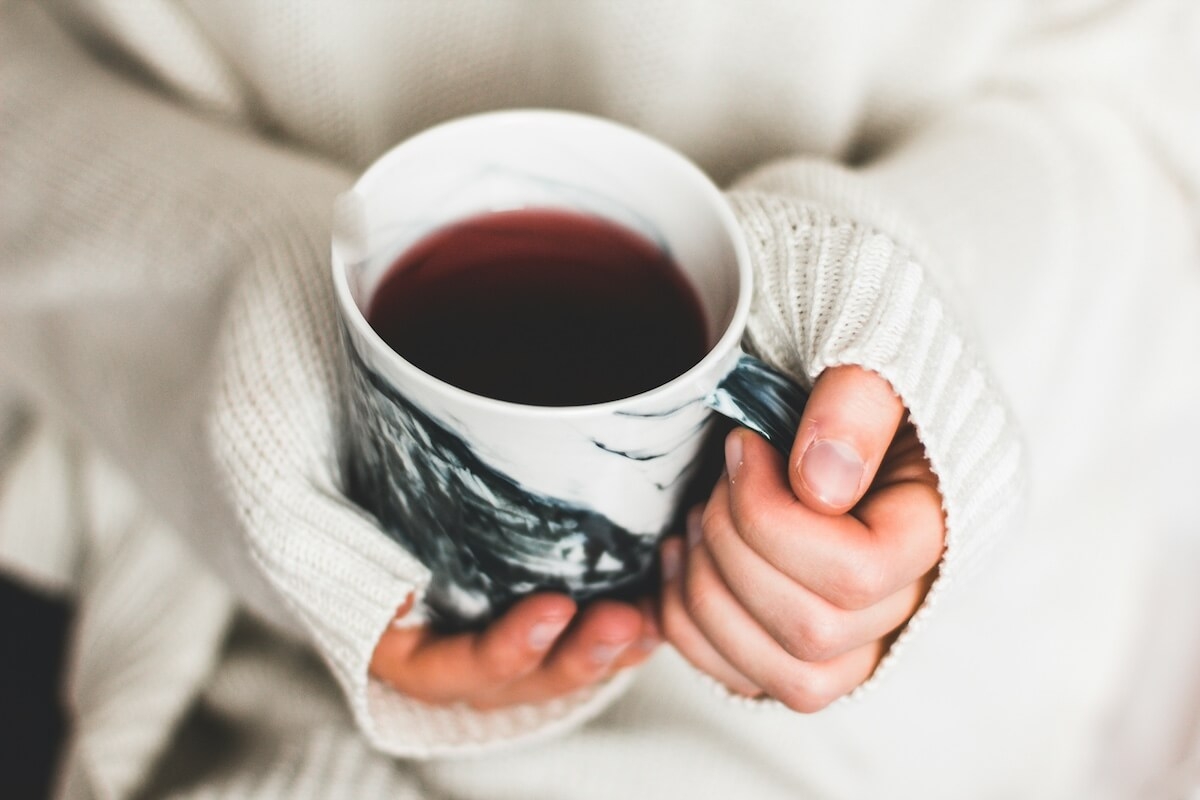Last update: January 22, 2025
5 minute read
Bright Yellow Urine: What's Your Body Trying to Tell You?
Ever wondered why your urine is sometimes bright yellow? Discover the surprising causes behind this common phenomenon and learn when it might signal a health concern.

By Stephanie Wright, RN, BSN
Edited by Dr. Dimitar Marinov, MD, RDN, PhD

Have you ever glanced down at the toilet and been startled by the neon yellow hue? That eye-catching color might be your body's way of sending you a message, and it's not always a cause for alarm. In this post, we'll dive into the fascinating world of urine color, focusing on that bright yellow shade that occasionally makes an appearance. We'll explore common causes, from everyday supplements to potential dehydration, and help you understand when it's time to pay attention to what your body's telling you.
Key takeaways
- Bright yellow urine is often caused by vitamin B supplements, particularly vitamin B2 (riboflavin)
- Dehydration can lead to dark yellow urine, along with other symptoms like thirst and fatigue
- Monitoring urine color can provide insights into your hydration status and overall health
The vitamin B connection: When supplements paint your pee yellow
Ever taken a multivitamin and noticed your urine turning a bright yellow shade? Here's why:
Your body is incredibly efficient at processing vitamins, but sometimes it gets a little overzealous. Most multivitamins contain more vitamin B2 (riboflavin) than your body needs. Not to mention that you already probably consume enough with your diet and your body doesn't just store the excess.
Instead, it turns your urine into a bright, almost neon-yellow color. But don't worry, this color isn't harmful. It's just your body's way of saying it’s had enough vitamins
Fun Fact: Riboflavin gets its name from the Latin word "flavus," meaning yellow.
Dehydration
When you're not drinking enough H2O, your body goes into conservation mode. It starts concentrating your urine, which can result in a darker, yellow color. Think of it as your personal, built-in hydration meter.
You can clearly tell if it is dehydration or B2 excess, as the former leads to dark yellow discoloration, almost brownish, while the latter is quite bright yellow discoloration. Try to increase your water intake and see if the color lightens within a few hours. If it does, this is another confirmation that you might have just been a bit thirsty.
Other signs your body’s thirsty
Dark yellow urine isn't the only sign that you might need to increase your fluid intake. Let's look at some other symptoms that might be your body's way of saying it needs water.
- Thirst (obvious, but worth mentioning!)
- Dry mouth and lips
- Decreased urination
- Fatigue
- Dizziness
- Headache
VitaRx Tip
If you're experiencing these symptoms, it might be time to drink more water.
Knowing when to seek help
While bright yellow urine is usually harmless, there are times when it might be a sign that something's not quite right. Here's when you should consider consulting a healthcare professional:
- Persistent color change: If the bright yellow color persists for more than a few days after stopping vitamin supplements, it's time to have a talk with your doctor.
- Painful peeing: If you're experiencing pain or burning during urination along with the color change, don't wait to seek medical advice.
- Dark and dangerous: If your urine is consistently very dark yellow, orange, or brown, it could indicate more serious dehydration or liver issues. This is definitely a "better safe than sorry" situation, so consult a healthcare provider.

Get your personalized vitamin recommendations in less than 3 minutes.
Get your personalized vitamin recommendations in less than 3 minutes.

Data table: Urine color guide
Color | Possible Meaning |
|---|---|
Pale yellow to amber | Healthy, well-hydrated |
Bright, neon yellow | Excess B vitamins or mild dehydration |
Dark yellow | Moderate dehydration |
Orange or brown | Severe dehydration, possible kidney, liver, or other serious health issues |
Remember, this table is a general guide. Your body is unique, and what's normal for you might be different from someone else.
Tips for maintaining healthy urine color
Now that we've explained the mystery of bright yellow urine, let's talk about how to keep your pee in the healthy zone.
Maintaining proper hydration is key to keeping your urine color in check and your body functioning optimally. Here are some tips to help you stay hydrated:
- Set a daily water goal: Aim for an average of 9 cups of fluids a day for women and 13 cups for men of water per day, but remember that individual needs may vary.
- Keep water easily accessible: Carry a reusable water bottle with you throughout the day.
- Eat water-rich foods: Fruits and vegetables like watermelon, cucumbers, and tomatoes can contribute to your daily fluid intake.
- Create hydration reminders: Use smartphone apps or set alarms to remind you to drink water regularly.
- Monitor your urine color: Use it as a general guide - pale yellow usually indicates good hydration.
Keep your urine healthy
By implementing these strategies, you'll be well on your way to maintaining optimal hydration and keeping your urine color in the healthy range.
Frequently asked questions (FAQ)
Here are some of the most frequently asked questions about what bright yellow urine might mean.
Final thoughts
Next time you notice bright yellow in the toilet bowl, it's likely a result of taking supplemental vitamins, while a dark yellow urine is a sign you may need more hydration. Typically, this isn't a cause for concern.
However, if the color persists or is accompanied by other symptoms, it's advisable to consult a healthcare professional. When it comes to your health, it's always best to seek expert advice if something seems unusual. Stay hydrated and pay attention to your body's signals for overall well-being.
Sources and references
- Vitamin B2 (Riboflavin) - StatPearls - NCBI Bookshelf
- Historical Aspects of Propolis Research in Modern Times - PMC
- The Effect of Hydration on Urine Color Objectively Evaluated in CIE L*a*b* Color Space
- Changes In Urine: Causes, Symptoms & Treatment
- Analysis of the Distribution of Urine Color and Its Relationship With Urine Dry Chemical Parameters Among College Students in Beijing, China – A Cross-Sectional Study - PMC
Author

Stephanie Wright
Stephanie brings over 13 years of diverse nursing experience to the table, having honed her expertise in critical care, mental health, and utilization management. Her journey as a registered nurse across these various healthcare sectors underscores her adaptability and deep commitment to patient care.
Fact checker

Dr. Dimitar Marinov
Dr. Marinov has years of experience in scientific research and preventive and clinical medicine. His publications in peer-reviewed journals are on nutritional status, physical activity, and musculoskeletal disorders among adolescents.
At VitaRx, we're not just passionate about our work — we take immense pride in it. Our dedicated team of writers diligently follows strict editorial standards, ensuring that every piece of content we publish is accurate, current, and highly valuable. We don't just strive for quality; we aim for excellence.
Related posts
While you're at it, here are some other relevant articles you might be interested in.

Get your personalized vitamin recommendations in less than
5 minutes.
Get your personalized vitamin recommendations in less than
5 minutes.




